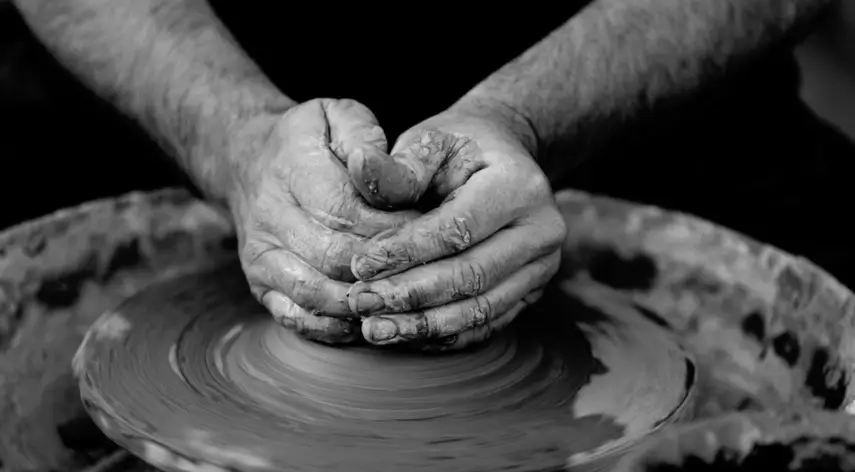
What are your hobbies?
You can tell a lot about a leader by the way they answer that question.
If you’d asked me a few years ago what my hobbies were, I would have said I didn’t have any because I didn’t have the time. The truth is, I didn’t make the time. I chose to spend nearly every waking moment building my company – to the detriment of my family, my health and my friendships.
I knew that needed to change. You have to find the “off” switch. Everyone wants to live a richer, fuller life. But when you allow work to take precedence over everything, you risk experiencing burnout, anxiety and depression. Not to mention relationship stress.
And if your happiness and self-worth are tied up exclusively in your professional success, at some point along the way I promise you are going to be disappointed.
These are some of the many reasons why you should engage fully in the rest of your life. But did you know that pursuing activities you love also helps you be a better leader? Here are five ways hobbies can help you bring your “A” game to your professional life while invigorating and inspiring your personal life.
1. Hobbies help you think better. Hobbies allow you to refresh, recharge and see things in new and different ways. In fact, a higher functioning brain allows you to be a more critical and creative thinker – science proves it. When we engage in activities that bring us joy and enrichment, it activates a part of the brain called the nucleus accumbens. This area of the brain controls how we feel about life, good or bad. It’s where we process motivation, reward and pleasure. We also activate thousands of neurotransmitters in our brain that allow us to sharpen our focus and become energized around one activity.
With science like this, it’s no wonder some of the greatest leaders of our time engage in fun and creative hobbies. Richard Branson enjoys kite surfing. Steve Wozniak engages in Segway polo. And Google’s co-founder, Sergey Brin, is mastering the art of the flying trapeze.
2. Experience the exhilaration of “flow.” When we become totally immersed in things we love, the worries of the day fade and our inner critic is silenced. We feel focused and competent. We perform at our best. This sense of flow is often described by others as being “in the zone.” Flow can give us the confidence and energy to tackle other more challenging aspects of our lives, particularly in our work.



